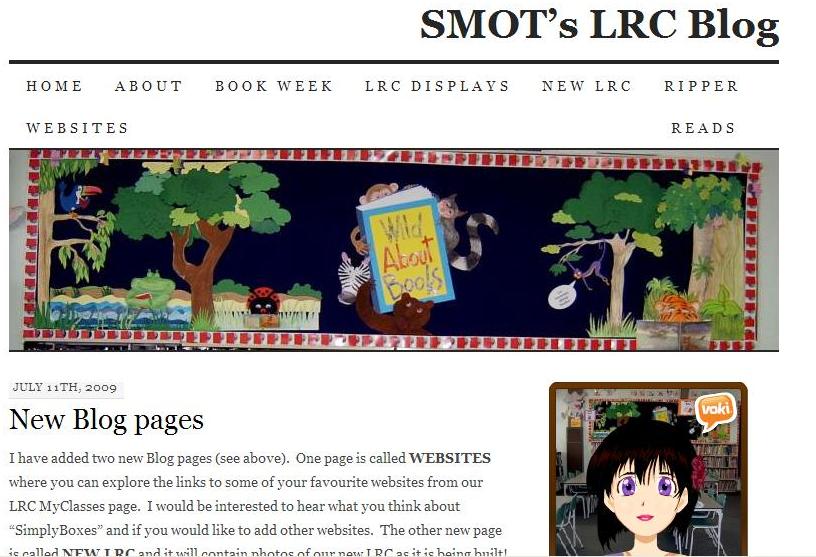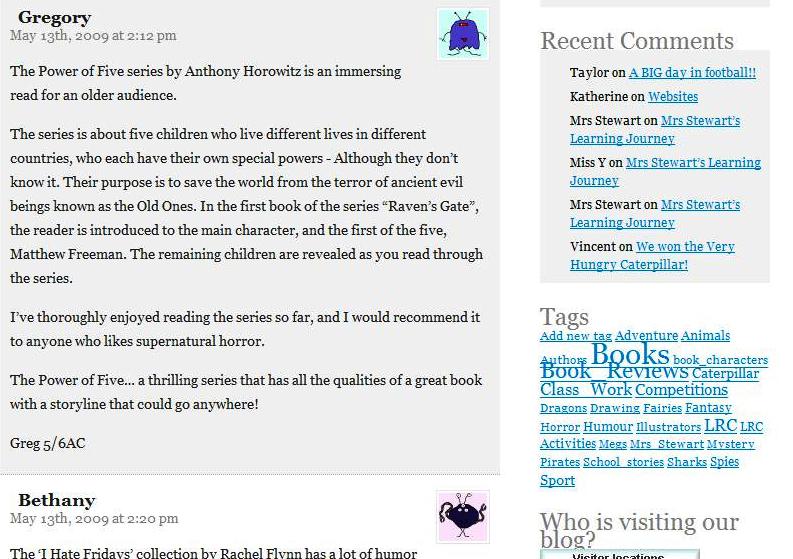When Apple’s Steve Jobs said in 2008 that “people don’t read anymore” there was an outcry from a range of people across the world. Jobs, was of course, decrying the Kindle eReader as a stand alone device and it would be interesting to know how many people who have purchased the iPad have done so primarily looking for an eReader.
A recent article in the New York Times, Yes, People Still Read, but Now It’s Social takes a look at the phenomenon of social reading thanks to a number of eReaders enabling users to highlight and share passages in eBooks as well as being able to share thoughts and ideas via email, Twitter and blogs. Article author Steven Johnson says
Yes, we are reading slightly fewer long-form narratives and arguments than we did 50 years ago, though the Kindle and the iPad may well change that. Those are costs, to be sure. But what of the other side of the ledger? We are reading more text, writing far more often, than we were in the heyday of television.
And the speed with which we can follow the trail of an idea, or discover new perspectives on a problem, has increased by several orders of magnitude. We are marginally less focused, and exponentially more connected. That’s a bargain all of us should be happy to make.
The changes in the way we read are occurring rapidly. I’d like to know how many people across the globe who have purchased an iPad as a portable device rather than an eReader have downloaded (at least the free) books from the iBooks app. Will they read them? Perhaps. Would they have ever read them without such a device? I think not. The article is a brief one and well worth a read.



